Module 2
Lessons 1 and 2
Student’s Book pages 10-11-12
Traditional garments
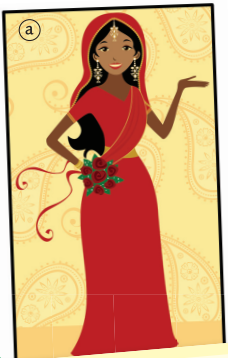
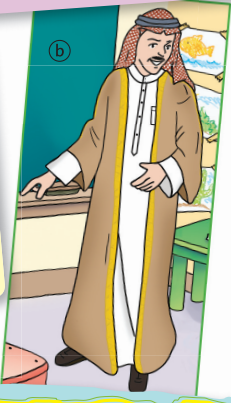
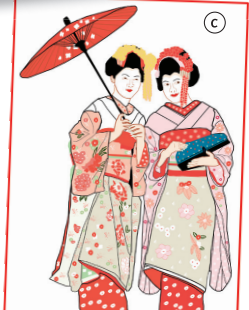
Before you start
Look at the pictures. What do you think about these people’s clothes?
Answers
Each person is wearing (picture a: traditional Indian sari; picture b: traditional Jordanian costume; picture c: traditional Japanese kimono),
The key words
|
The word |
The meaning |
The part of speech |
|
costume |
the traditional outfit of a particular culture |
Noun |
|
garment |
a piece of clothing |
Noun |
|
headband |
a piece of material worn round the head to keep one’s hair off their face |
Noun |
|
headdress |
an item of clothing worn on, and covering, the head |
Noun |
|
jumper |
an item of clothing made of wool and covering the upper part of the body |
Noun |
|
robe |
a long, loose piece of clothing |
Noun |
|
silk |
soft threads made by silkworms |
Noun |
|
sleeve |
the part of a garment that covers the arm |
Noun |
|
wrap |
to cover something with paper or cloth |
Verb |
|
tunic |
a long loose garment |
Noun |
While reading
1
Tom: Who’s the young man wearing the tunic? Is he your dad?
Kamal: No, it’s my grandpa when he was a teacher. That’s the traditional Jordanian costume. In the past, he didn’t wear jeans, jumpers or jackets. He wore a tunic with long sleeves, called a thobe.
Tom: Oh, and what’s that on his head?
Kamal: It’s a kufiyyah that people wore as a headdress. The black thing around it is an agal. It’s a headband that keeps the kufiyyah from falling off your head. Did you know that some people still wear the traditional Jordanian costume?
Tom: That's amazing!
2
Misaki: This is my mum and my aunt when they were young.
Asma: Which is your mum and which is your aunt? They’re both wearing the same clothes!
Misaki: My mum is the one holding an umbrella. My aunt is the one with the blue purse. They are wearing kimonos. It’s a long, traditional Japanese robe with long sleeves that you wear by wrapping it around your body.
Asma: Wow! Traditional clothes are beautiful!
3
Salma: Is the woman who's wearing the red dress your mother?
Hina: Oh no, that’s a photo of my sister on her wedding day. She’s wearing a sari.
Salma: She looks amazing! What’s a sari? Is it a traditional garment?
Hina: Yes, but Indian women still wear them today. A sari is a long dress with a piece of material, like cotton or silk, that covers the shoulders.
The text talks about:
- Traditional garments.
- The importance of preserving traditional garments.
After reading
Mention the kind of the traditional garments.
The traditional Jordanian costume, the traditional Japanese robe, and the Indian garment.
Who’s the young man wearing the tunic?
It's Kamal's grandfather when he was a teacher.
What is that tunic?
That’s the traditional Jordanian costume. In the past, he didn’t wear jeans, jumpers or jackets. He wore a tunic with long sleeves, called a thobe.
What’s that on his head?
It’s a kufiyyah that people wore as a headdress. The black thing around it is an agal.
What is the agal for?
It’s a headband that keeps the kufiyyah from falling off your head.
Who are in picture c?
They are Miaski's mum and aunt when they were young.
What are they wearing? Describe it.
They are wearing kimonos. It’s a long, traditional Japanese robe with long sleeves that you wear by wrapping it around your body.
Is the woman who's wearing the red dress your mother?
No, that’s a photo of Hina's sister on her wedding day.
What is Hina's sister wearing?
She’s wearing a sari.
Write the reference of:
1-It’s my grandpa when he was a teacher.
HE refers to Kamal's grandpa.
2-This is my mum and my aunt when they were young.
MY refers to Miaski's mum and aunt.
3-Indian women still wear them today.
THEM refers to the traditional garments-sari-.
What is a sari?
A sari is a long dress with a piece of material, like cotton or silk, that covers the shoulders.
TRUE or FALSE:
1-Miaski's aunt is the one holding an umbrella. FALSE
Miaski's aunt is the one with the blue purse.
2-Hina is from Japan. FALSE
Hina is from India.
Write the correct word under each picture:
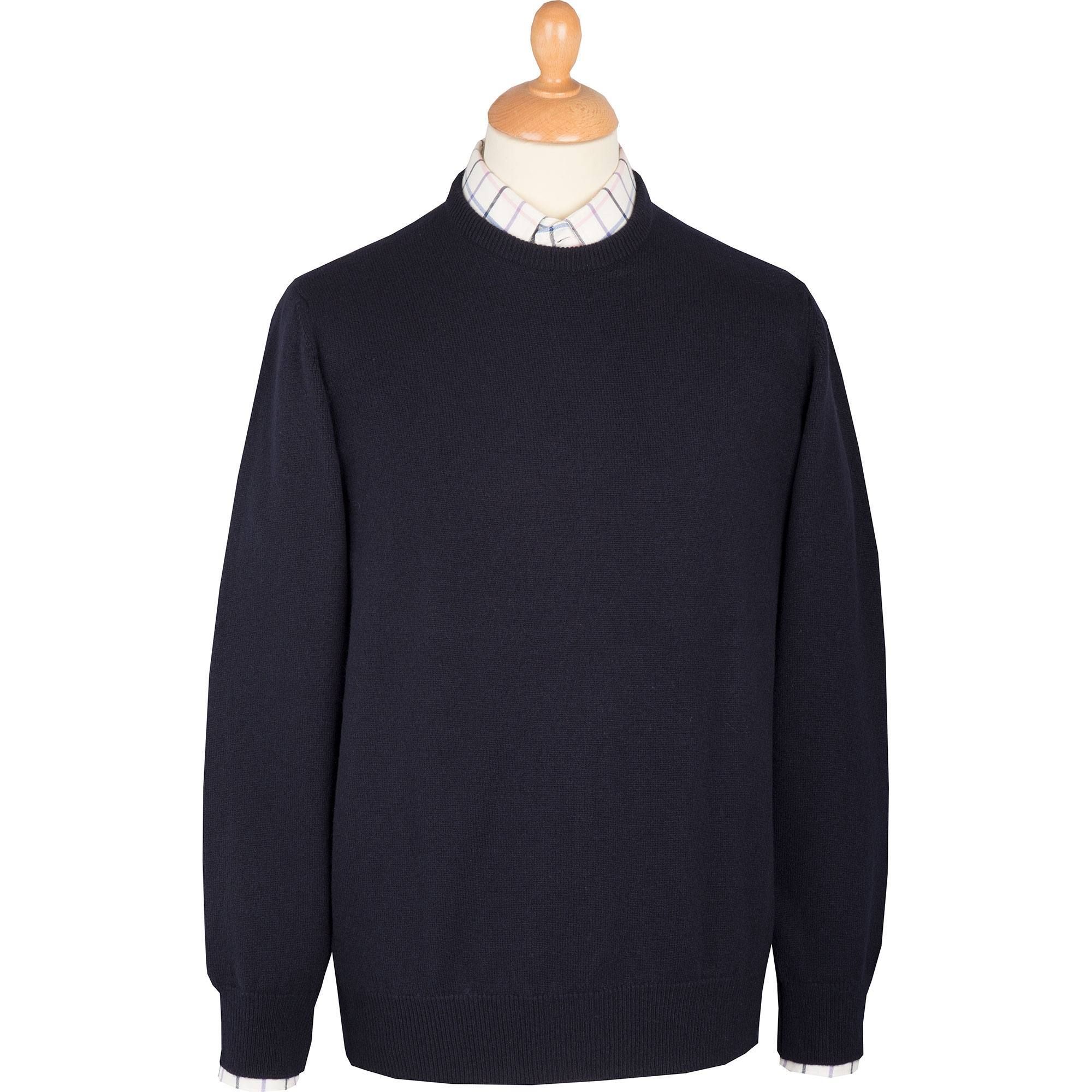

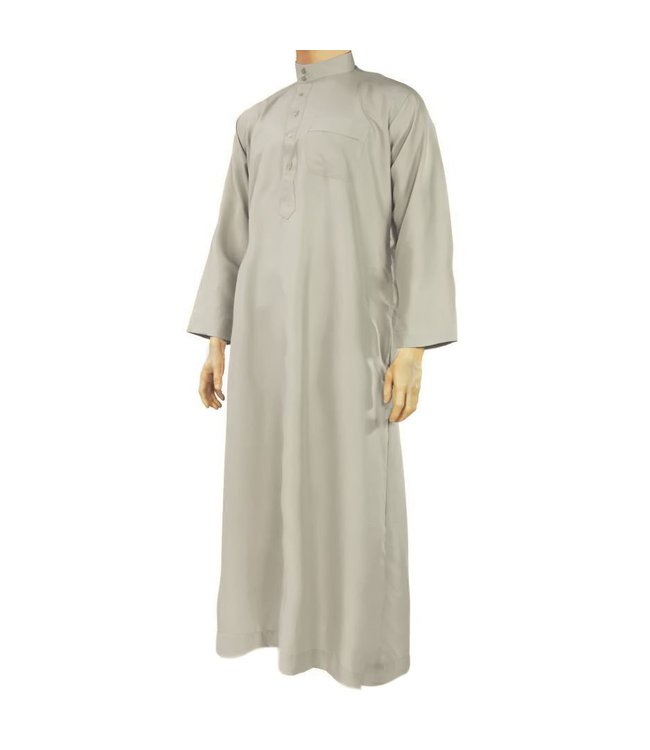
jumper jacket thobe
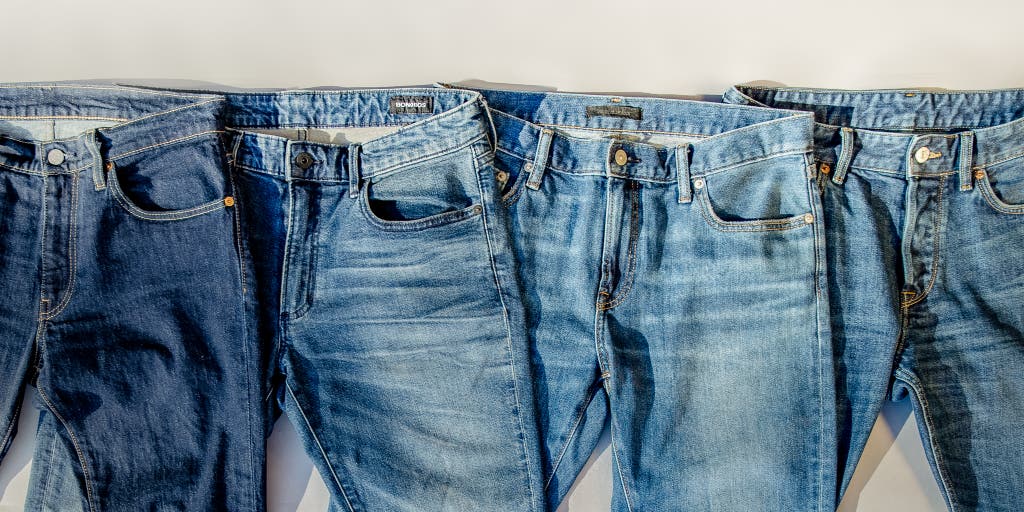
jeans